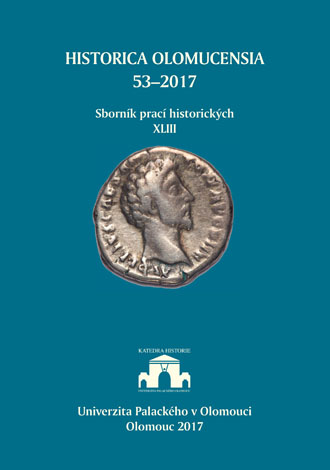Jean Froissart a politické identity ve Francii v závěru 14. století
Jean Froissart and Political Identities in France at the End of the Fourteenth Century
Author(s): Věra SoukupováSubject(s): History
Published by: Univerzita Palackého v Olomouci
Keywords: Jean Froissart; patronage; political tensions; Phillip of Burgundy; Louis d’Orléans
Summary/Abstract: Late stage of Jean Froissart’s historiographical carrier is situated in the 1390s when political tensions grew importantly among the relatives of King Charles VI of France. From 1392, Charles suffered from a mental disease and his younger brother disputed over the control of the Kingdom with his uncles, above all Phillip the Bold. Froissart’s Chronicles were much admired and copied in the milieu of Burgundian court in the fifteenth century. Thus, some historians assumed that Froissart was pro-Burgundian, also due to his patronage relations with the family of Albrecht of Bavaria and his son, married to Phillip the Bold’s daughter. Close analysis of the passages of the Chronicles connected to the duke of Burgundy but also to the rival family of Louis d’Orléans shows that the chronicler does not really engage in the personal defence of either political party, or any other kind of collective identity, his judgement being mostly driven by personal sympathies, despite his dependence on his noble benefactors.
Journal: Historica Olomucensia. Sborník prací historických
- Issue Year: XLIII/2017
- Issue No: 53
- Page Range: 27-45
- Page Count: 19
- Language: Czech

